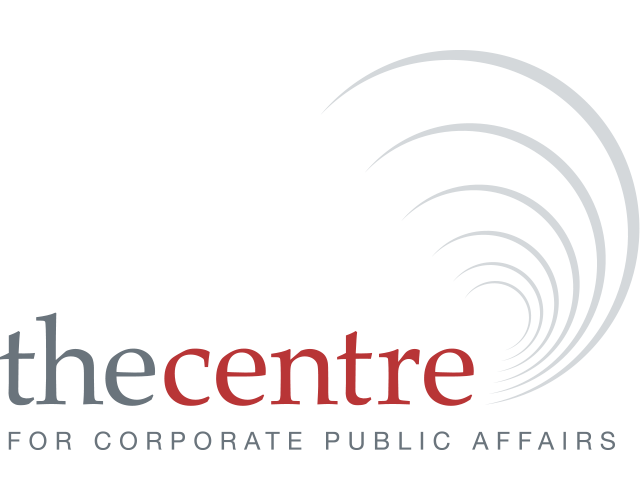Issues framing in an economic downturn
Centre members across Australia, New Zealand and Asia had the opportunity to listen to one of the leaders in thinking, advising and writing in issues management during yesterday’s ‘Issues framing: managing expectations in an economic downturn’ telesymposium.
The speaker, Professor John F. Mahon of the Maine Business School, University of Maine, provided a succinct and insightful look in the complexities of issues framing and stakeholder expectations.
Professor Mahon proposed issues framing as being one of the solutions to the challenge of delivering a coherent message across groups of stakeholders with different interests and expectations.
He described issues framing as the process of driving the focus on a subset of relevant considerations relating to an issue. These considerations will then suggest where the issue will be resolved — the issue arena —, who is likely to be involved, and how the surrounding public will get engaged.
In the case of the current economic downturn there are several subsets of considerations that can provide a different frame for this issue. In trying to identify blame when we are faced with an economic downturn, possible frames can include the failure of capitalism, corporate misconduct, or the failure of inaccurate regulation — each of these arguments immediately deliver a possible arena where the issue will be resolved and how we can go about solving it.
Professor Mahon advised companies to focus the subset of issues to what is relevant to the stakeholders involved. They can do this by adjusting their message accordingly — for instance messages to investors need to be relevant to the security of their investments, while employees are more concerned about the security of their jobs.
Professor Mahon also offered a more sophisticated classification of stakeholders, one that is relevant to issues framing and the subsets of consideration. His classification includes stakeholders that have an interest and understanding of the issue and the arguments involved; stakeholders that don’t care about the issue but are concerned whether the process of solving the issue is fair and satisfactory; industry stakeholders that are interested in how the issue impacts their industry; opportunistic-based stakeholders that take advantage of a given situation to do well for themselves; and ideologically-based stakeholders that are involved in the issue, support an answer, and refuse to compromise. It’s important that practitioners know in which of these categories their stakeholders belong in order to deliver a more successful engagement and communication plan.
